This article is about Bullying Prevention Training and how Fiore Group Training helps improve workplace environments with effective harassment training. If you are interested in learning more about bullying and harassment training, please read on.
Consider this scenario:
A co-worker has done something to upset you. Perhaps he or she told a joke at your expense or said something behind your back. Maybe a moment of bullying has even occurred.
You don’t want anything to do with this co-worker right now, but then he or she approaches you sheepishly, unable to even look you in the eye because of embarrassment for their actions. Your co-worker is getting ready to apologize, and you can tell it’s meaningful.
The next time this happens to you, I want you to think about this:
It takes courage to apologize.
Yes, that person shouldn’t have done what they did, but put yourself in their shoes.
Hopefully they never meant to hurt your feelings, or if they did (as in the case of bullying or harassment), they’ve clearly realized their fault and want to make it up to you. They could try to avoid you for the rest of eternity, or rationalize their actions and put blame on you, but they don’t want to strain your workplace relationship. So, with a deep breath and possibly a racing heart, they approach you, ready to swallow their pride and make things right—not an easy task.
In the world of workplace bullying and harassment, as well as other negative interpersonal situations, a great deal of emphasis is placed on the issue of trying to informally resolve things sooner rather than later.
The longer we leave damaged relational issues unresolved, the higher the likelihood is that we’re going to develop more entrenched opinions about the other person and/or the situation itself.
It doesn’t matter who wronged who, or how big or small the matter is, teams may start to form in the office and a highly toxic environment ensues—we know how contagious negativity is.
Before you know it, a nightmare has emerged over an issue that perhaps was a simple misunderstanding between two people who could not bring themselves (or perhaps were unwilling) to sit down and talk about it.
After all, there are times when someone may realize they made a mistake. They either feel that it was so insignificant they don’t need to apologize, or they are embarrassed about the situation. Then, they can’t bring themselves to apologize despite knowing that it’s the right thing to do.
So, with the other person expecting an apology to occur, and the longer that it doesn’t appear, the more chance there is of that nightmare becoming a reality.
A toxic situation could have easily been avoided in this case if the person at fault had only apologized.
As Bruce Lee once said:
Mistakes are always forgivable. If one has the courage to admit them.
Which brings us back to my initial point:
There is courage involved in apologizing to someone.
I understand that you may be thinking, but they made a mistake, of course they should apologize, it’s not courageous, it should be expected!
But again, I ask you to put yourself in their shoes…
When a person admits they did something that was wrong, it puts them in a vulnerable position, which they may feel can open them up to attack or blame. Many people struggle to show this courage.
In our Respectful Workplace training workshops, we actually train people to work through situations where an apology is made. It works very well.
Think back to the last time you had to apologize for something, truly apologize. How did you feel? How long did you stew over it and practice what you were going to say?
Not a fun experience, right?
Let’s break down what an apology actually is.
It’s a statement that contains two distinct elements:
- It demonstrates remorse over the actions involved, and
- It acknowledges the hurt that the actions have caused to someone
We know that it isn’t always easy to apologize, but an apology is the most effective way to restore respect, trust, and balance in a relationship when someone has done something wrong.
There have been numerous public apologies that have occurred over the years. Some from celebrities over social media, and others from presidents in a live public broadcast.
But whether it’s for the public eye, or just within your cubicle at work, apologies help retain a culture of respect and negate bullying and harassment.
There’s one last thing I want you to consider.
We live in a world of intense sensitivity to almost anything. It’s almost as if we need to walk on eggshells to avoid a catastrophe. And while that may create a strained working environment, it’s always better to consider your sensitive co-worker’s feelings than to ignore them. And I hate to say it, but violence can even be at stake at times…so remember how far an apology can go…
So please, understand and acknowledge that:
We are all human…
We are going to mess up sometimes…
We will make mistakes….
But when we act courageously and own those mistakes that we have made and apologize, REALLY apologize, to those whom we have hurt or offended, we can repair that damage drastically.
All it takes is COURAGE!
Phil Eastwood is a former London Bobby who brings a thirty-five year career in policing to his role as Senior Partner of Fiore Group Training. Phil is lead author of respectful workplace training, workplace violence employee training, and leadership training courses.


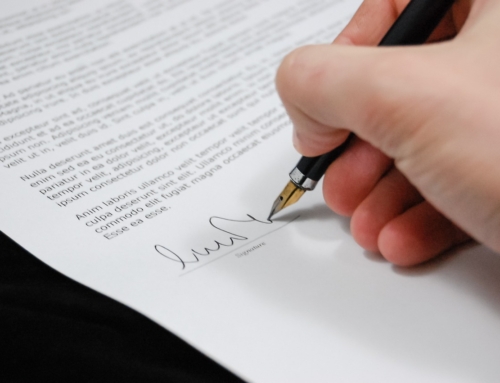
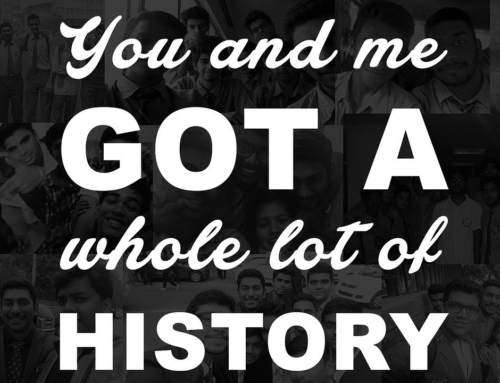
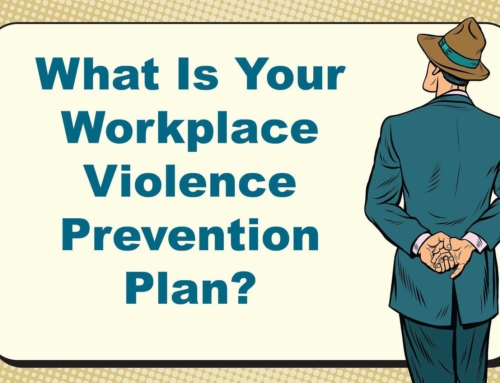
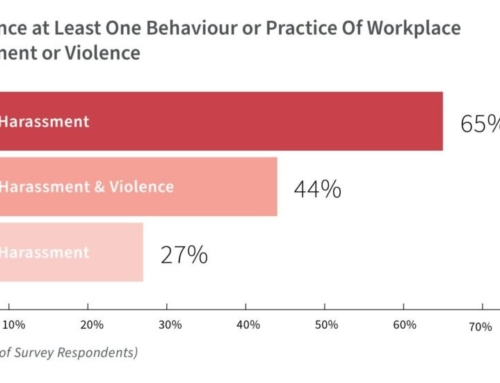
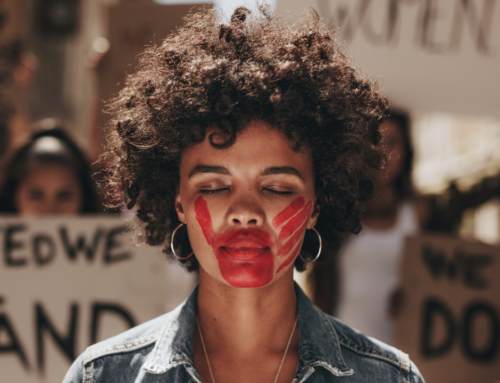
Leave A Comment